7, April 2022
Yaoundé: Two journalists, Equinox TV programme suspended in widening of media crackdown 0
Reporters Without Borders (RSF) condemns a decision by Cameroon’s National Communication Council (CNC) to suspend the head of one of the country’s most outspoken and popular TV channels, one of its star presenters, and one of its leading current affairs programmes for a month. The suspensions are arbitrary and unjustified, and constitute a serious press freedom violation, RSF said.
The one-month suspensions of Equinoxe TV director Sévérin Tchounkeu, presenter Cédric Noufele and the programme “Droit de Réponse” (Right of Reply) were announced by the media regulator on 1 April.
Alluding to a teachers’ strike, the CNC accused Equinoxe TV of “failing to manage” a guest whose comments were “liable to amplify a potentially explosive social demand.” It also accused Tchounkeu of making offensive comments about state institutions, and Noufele of broadcasting an amateur video that was not related to the subject discussed – an error that the TV channel had nonetheless acknowledged and repeatedly corrected.
“We condemns these suspensions, which have no serious grounds and clearly aim to sanction a media for its coverage of a strike that embarrasses the authorities,” said Arnaud Froger, the head of RSF’s Africa desk. “This is nothing less than an attack on journalism and the right to news and information, which this regulator is supposed to protect. We call on the CNC, which is not in the habit of imposing arbitrary sanctions, to review this decision.”
Cameroonian journalists are often subjected to judicial harassment, arbitrary detention and sometimes very violent physical attacks, but politically motivated media suspensions are relatively rare. Equinoxe TV has been summoned before the CNC several times in the past but has not been suspended in recent years.
Cameroon is ranked 135th out of 180 countries in RSF’s World Press Freedom Index.
Culled from RSF


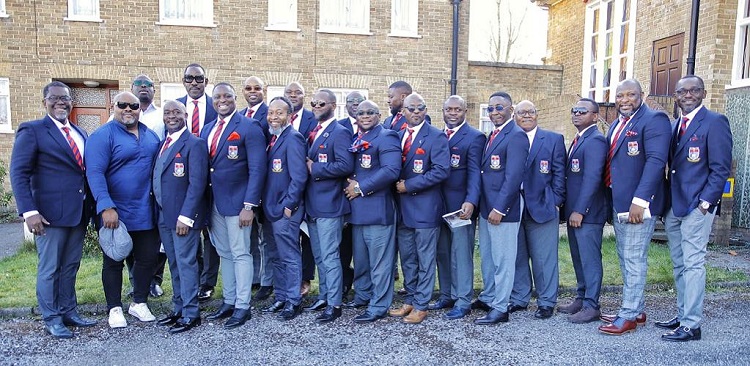
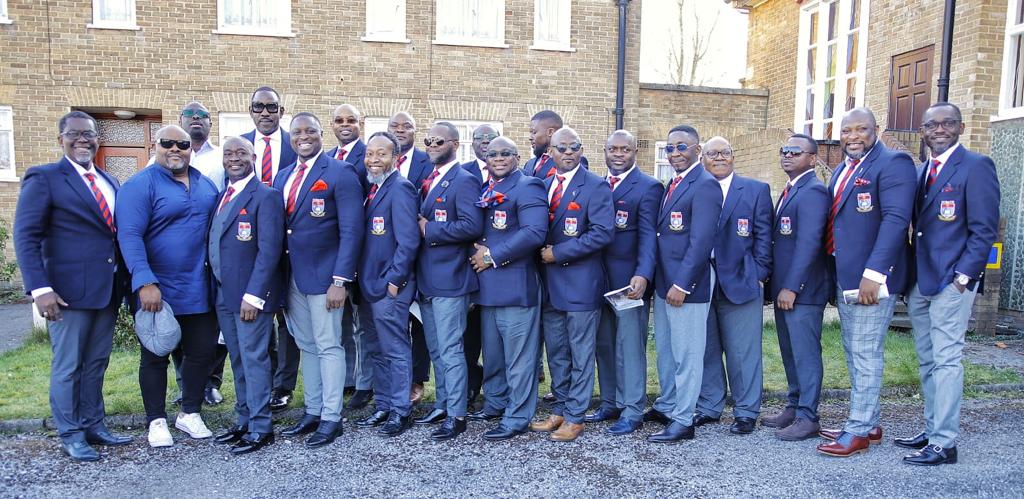
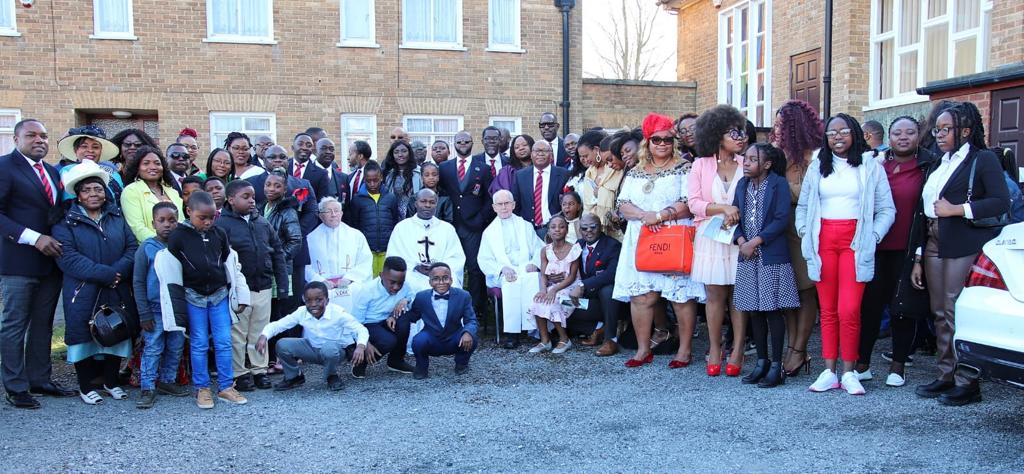
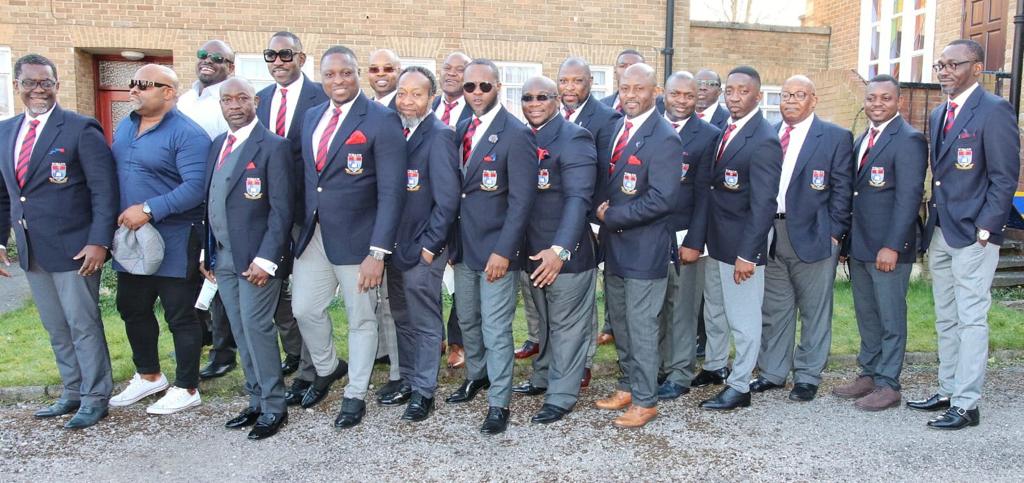
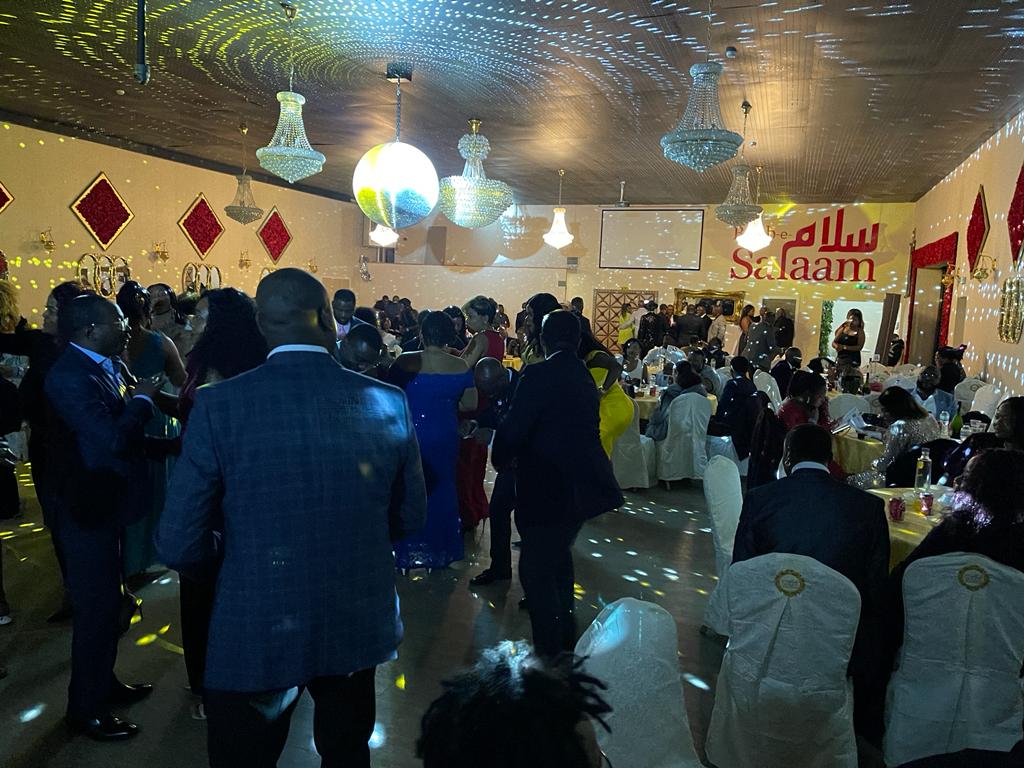
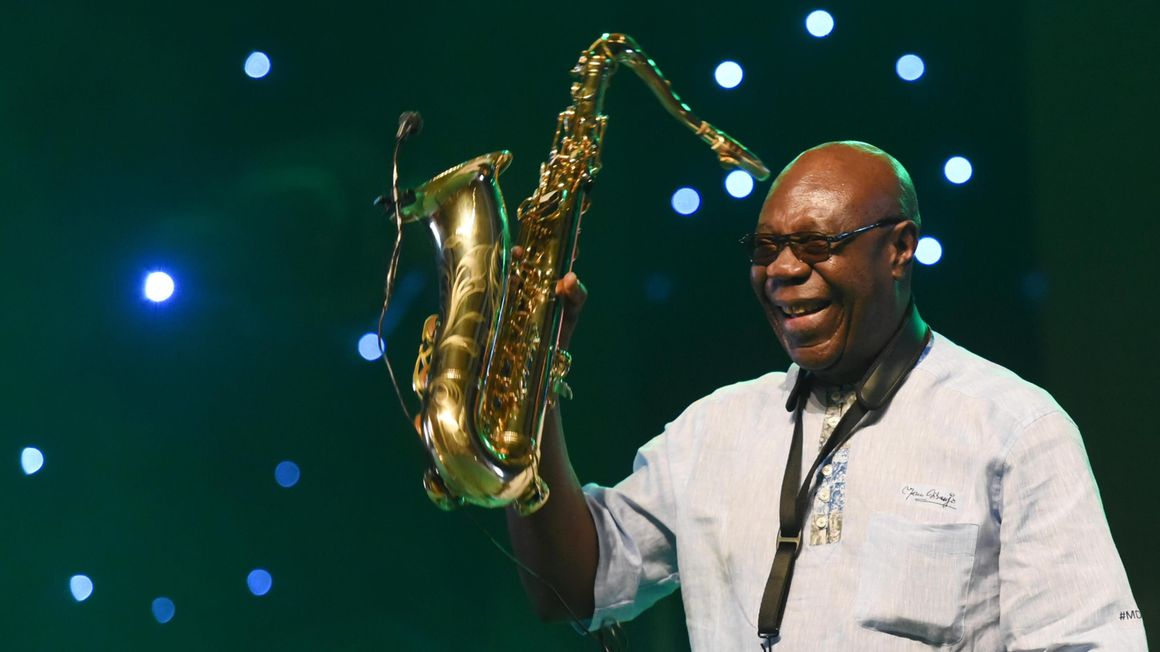
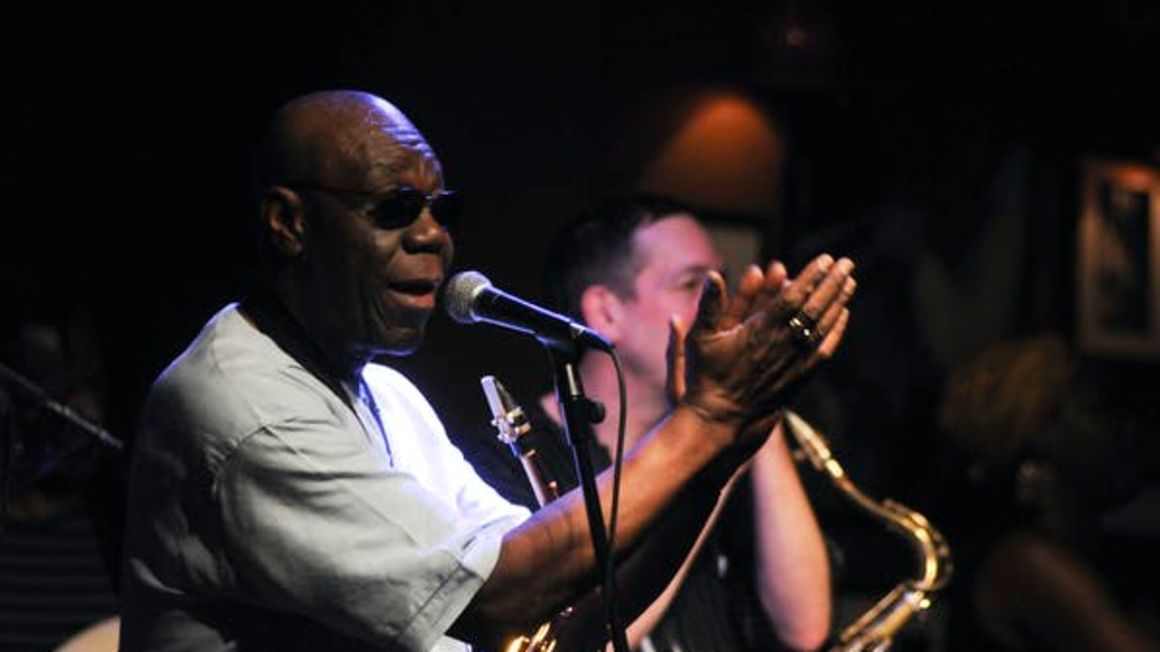

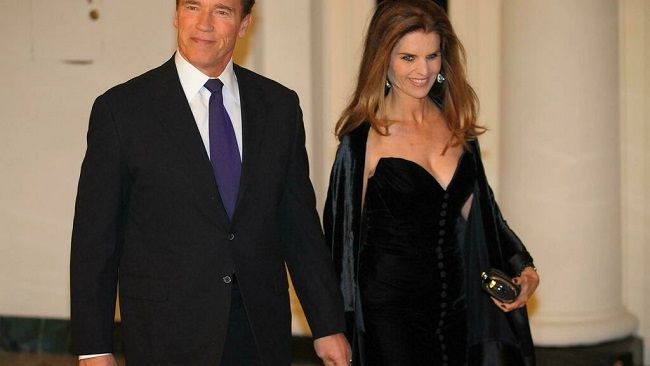
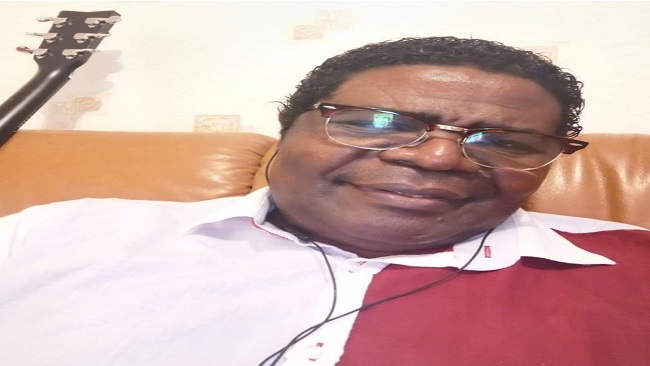
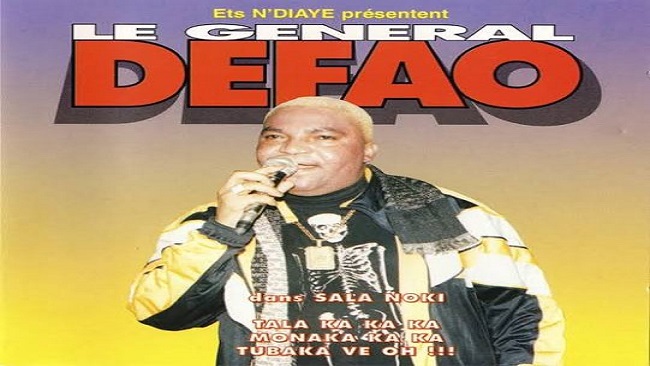


















8, April 2022
Hollywood: Will Smith banned from attending Oscars for 10 years after slapping Chris Rock 0
Hollywood’s film academy on Friday said its board of governors banned Will Smith from any of its events, including the Oscars, for 10 years after the best actor winner slapped presenter Chris Rock on stage at the Academy Awards ceremony.
“The 94th Oscars were meant to be a celebration of the many individuals in our community who did incredible work this past year,” Academy of Motion Picture Arts and Sciences President David Rubin and Chief Executive Dawn Hudson said in a statement.
“However, those moments were overshadowed by the unacceptable and harmful behavior we saw Mr. Smith exhibit on stage.”
In a statement, Smith said, “I accept and respect the Academy’s decision.” The actor had resigned from the academy on April 1 and has issued statements apologizing to Rock, the Oscars producers, nominees and viewers.
At the March 27 televised ceremony, Smith strode up to the stage after comedian Rock made a joke about the appearance of the actor’s wife, Jada Pinkett Smith, then smacked Rock across the face.
Less than an hour later, Smith gave a tearful speech on stage as he accepted the best actor award for his role in “King Richard.” After the ceremony, he was seen dancing at Vanity Fair’s annual post-Oscars party.
Rock’s joke about Pinkett Smith made a reference to the 1997 film “G.I. Jane” in which actress Demi Moore shaved her head. It was unclear whether Rock was aware that she has a condition that causes hair loss.
Source: REUTERS